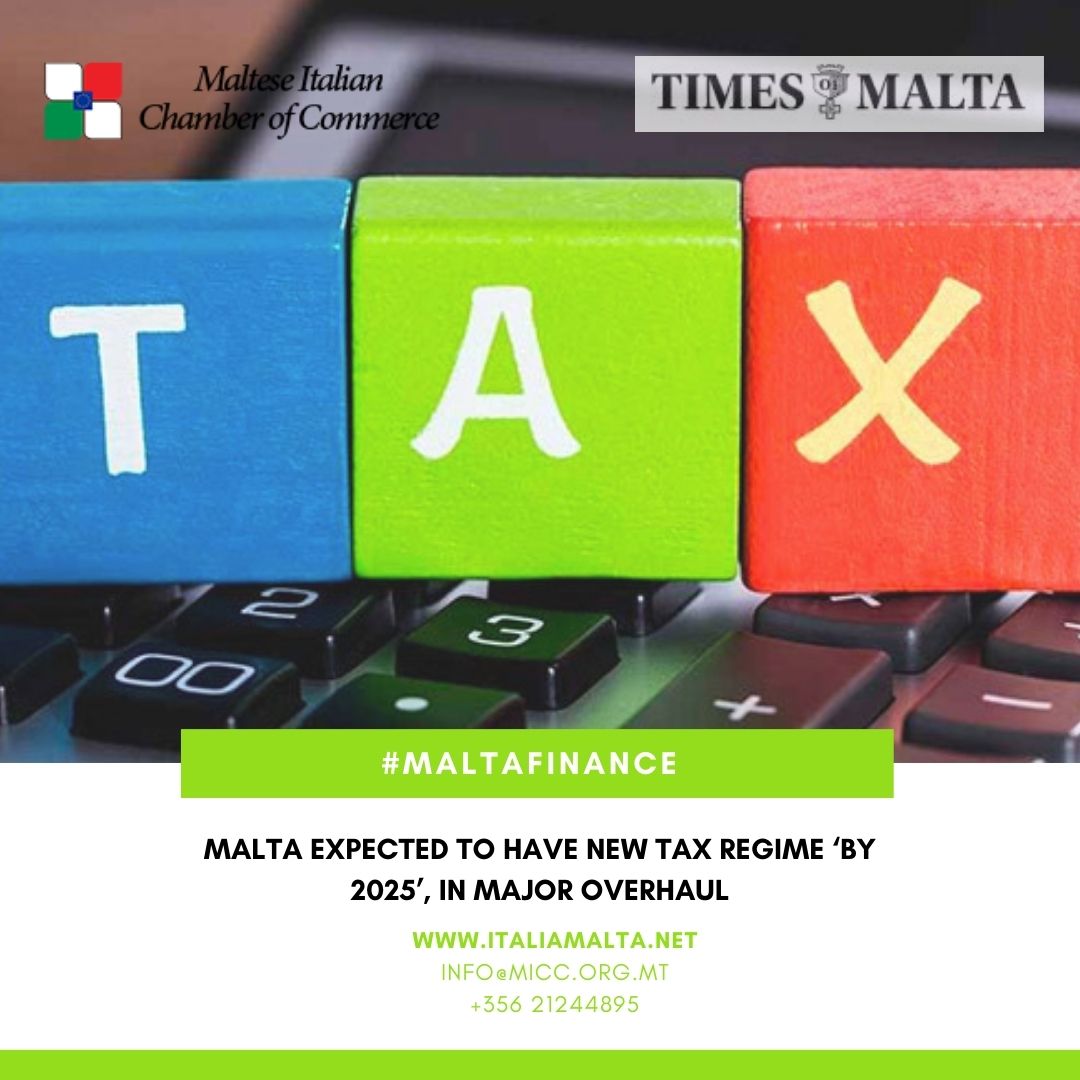Malta, the Mediterranean archipelago known for its rich history and vibrant culture, is charting a new course in the digital age. As the world continues to embrace digital transformation, Malta is positioning itself at the forefront of this revolution with a groundbreaking tax policy set for 2025. This policy aims to foster technological innovation and attract global digital enterprises to its shores, solidifying its status as a digital hub.
Malta Pioneers Tax Policy for 2025 Digital Shift
Malta’s government has unveiled an ambitious tax policy designed to accelerate the nation’s digital transformation by 2025. This policy is a strategic move to capitalize on the rapid advancements in technology and the growing importance of digital economies. By offering competitive tax rates and favorable conditions for digital businesses, Malta aims to become a magnet for tech companies and startups looking to establish a foothold in Europe.
Central to this policy is the introduction of a reduced corporate tax rate for tech firms specializing in artificial intelligence, blockchain, and other emerging technologies. The government has set the rate at a competitive 10%, significantly lower than the standard corporate tax rate. This move is expected to attract a wave of investment from global tech giants and innovative startups, creating a vibrant ecosystem for digital innovation.
Moreover, Malta’s tax policy includes provisions for research and development (R&D) tax credits. Companies investing in R&D will benefit from substantial tax deductions, encouraging them to develop cutting-edge technologies within Malta. This aspect of the policy is designed to foster homegrown innovation and ensure that Malta not only attracts foreign businesses but also nurtures its own tech talent.
Incentives and Reforms Drive Malta’s Tech Growth
In addition to the favorable tax rates, Malta’s government is rolling out a suite of incentives and reforms to bolster its digital economy. One of the key initiatives is the establishment of tech innovation hubs across the island. These hubs will provide state-of-the-art facilities and resources for startups and established tech firms alike, creating a collaborative environment that drives innovation and growth.
The government is also investing heavily in education and training programs to equip its workforce with the skills needed for the digital age. By partnering with leading universities and tech companies, Malta aims to develop a pipeline of highly skilled professionals who can support the growing tech sector. These educational reforms are designed to ensure that Malta’s workforce remains competitive and capable of meeting the demands of a rapidly evolving digital landscape.
To streamline the process of setting up and operating a tech business in Malta, the government is implementing regulatory reforms aimed at reducing bureaucratic red tape. These reforms include simplifying the process for obtaining business licenses, offering expedited services for tech firms, and providing clear guidelines for compliance with local laws. By creating a more business-friendly environment, Malta hopes to attract a diverse array of digital enterprises and solidify its reputation as a global tech hub.
As Malta ushers in its 2025 tax policy focused on digital transformation, the island nation is poised to become a beacon for technological innovation. By offering competitive tax rates, fostering R&D, and implementing supportive reforms, Malta is creating a fertile ground for digital enterprises to thrive. This strategic vision not only aims to attract global tech leaders but also to cultivate local talent, ensuring that Malta remains at the cutting edge of the digital revolution. With these initiatives, Malta is set to carve out a prominent place on the global tech stage, driving economic growth and technological advancement well into the future.
